The long-awaited trial in Virginia Beach, Virginia, over the claims of obscenity in two books has ended in dismissal. Neither Gender Queer by Maia Kobabe nor A Court of Mist and Fury by Sarah J. Maas meet the legal definition of obscenity. The judge in the case also noted the lawsuit raised questions of due process.
Two lawsuits filed in Virginia Beach by attorney and State Delegate Tim Anderson, on behalf of client Tommy Altman, sought to get both books not only removed from schools and libraries, but removed from private sale through bookstores across the state. The first lawsuit included a restraining order against Barnes & Noble and Virginia Beach Schools, and the second lawsuit focused on Oni Press, publisher of Gender Queer, as well as its author Maia Kobabe.
Today’s judgment is great news for those who believe in the First Amendment. Further, it showcases the limitations of so-called “obscenity laws” when it comes to materials made available in schools, libraries, and in private businesses.
Obscenity is a small subset of pornography and each state’s definition of obscenity mirrors that of the U.S. Federal Law on Obscenity:
The U.S. Supreme Court established the test that judges and juries use to determine whether matter is obscene in three major cases: Miller v. California, 413 U.S. 15, 24-25 (1973); Smith v. United States, 431 U.S. 291, 300-02, 309 (1977); and Pope v. Illinois, 481 U.S. 497, 500-01 (1987). The three-pronged Miller test is as follows:
Today In Books Newsletter
Sign up to Today In Books to receive daily news and miscellany from the world of books.
Thank you for signing up! Keep an eye on your inbox.
By signing up you agree to our terms of use
1. Whether the average person, applying contemporary adult community standards, finds that the matter, taken as a whole, appeals to prurient interests (i.e., an erotic, lascivious, abnormal, unhealthy, degrading, shameful, or morbid interest in nudity, sex, or excretion);
2. Whether the average person, applying contemporary adult community standards, finds that the matter depicts or describes sexual conduct in a patently offensive way (i.e., ultimate sexual acts, normal or perverted, actual or simulated, masturbation, excretory functions, lewd exhibition of the genitals, or sado-masochistic sexual abuse); and
3. Whether a reasonable person finds that the matter, taken as a whole, lacks serious literary, artistic, political, or scientific value.
Any material that satisfies this three-pronged test may be found obscene.
Right-wing groups are pushing a narrative that suggests public schools are at the epicenter of indoctrination, forcing gender and sexuality onto young people starting in kindergarten. Lawsuits like this further fuel misinformation campaigns by these groups.
In Virginia, today’s decision means Anderson’s claims that books like Kobabe and Maas’s are not illegal per the state’s obscenity laws. Anderson’s lawsuit claimed the books were obscene, per the following:
Whenever he has reasonable cause to believe that any person is engaged in the sale or commercial distribution of any obscene book, any citizen or the attorney for the Commonwealth of any county or city, or city attorney, in which the sale or commercial distribution of such book occurs may institute a proceeding in the circuit court in said city or county for adjudication of the obscenity of the book.
Unfortunately for him, the Virginia law states the following:
H. If an appearance is entered and an answer filed, the court shall order the proceeding set on the calendar for a prompt hearing. The court shall conduct the hearing in accordance with the rules of civil procedure applicable to the trial of cases by the court without a jury. At the hearing, the court shall receive evidence, including the testimony of experts, if such evidence be offered, pertaining to:
1. The artistic, literary, medical, scientific, cultural and educational values, if any, of the book considered as a whole;
2. The degree of public acceptance of the book, or books of similar character, within the county or city in which the proceeding is brought;
3. The intent of the author and publisher of the book;
4. The reputation of the author and publisher;
5. The advertising, promotion, and other circumstances relating to the sale of the book;
6. The nature of classes of persons, including scholars, scientists, and physicians, for whom the book may not have prurient appeal, and who may be subject to exception pursuant to subsection G.
As indicated before, obscenity laws demand examining a work in relation to its whole. Gender Queer is a book published for adult audiences, and the small excerpts (which are seven whole pages total) making the rounds on social media featuring sex are age-appropriate and not representative of the whole of the book.
In Kobabe’s brief to the court in July, e emphasized that the passages in question comprise a small part of eir graphic memoir and asked ““whether those seven pages are the dominant theme of the book, taken as a whole; whether the remaining 233 pages are mere empty filler.”
Anderson and his client suggested that a new ratings system, much like that used by the Motion Picture Association, should be implemented. This argument has been a popular one among censors over the last year, with groups like Moms For Liberty going so far as to create their own home-grown ratings system, created by volunteers with no background in education, librarianship, or literacy.
The outcome of this lawsuit is a big step forward for First Amendment advocates and for readers who want access to books. It will help in setting a standard against the argument that books like these–as well as the hundreds of others being challenged and banned across the 50 states–do not meet the legal definition of obscenity.


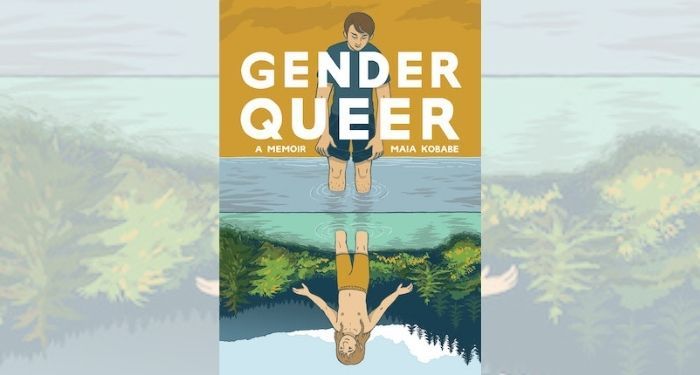


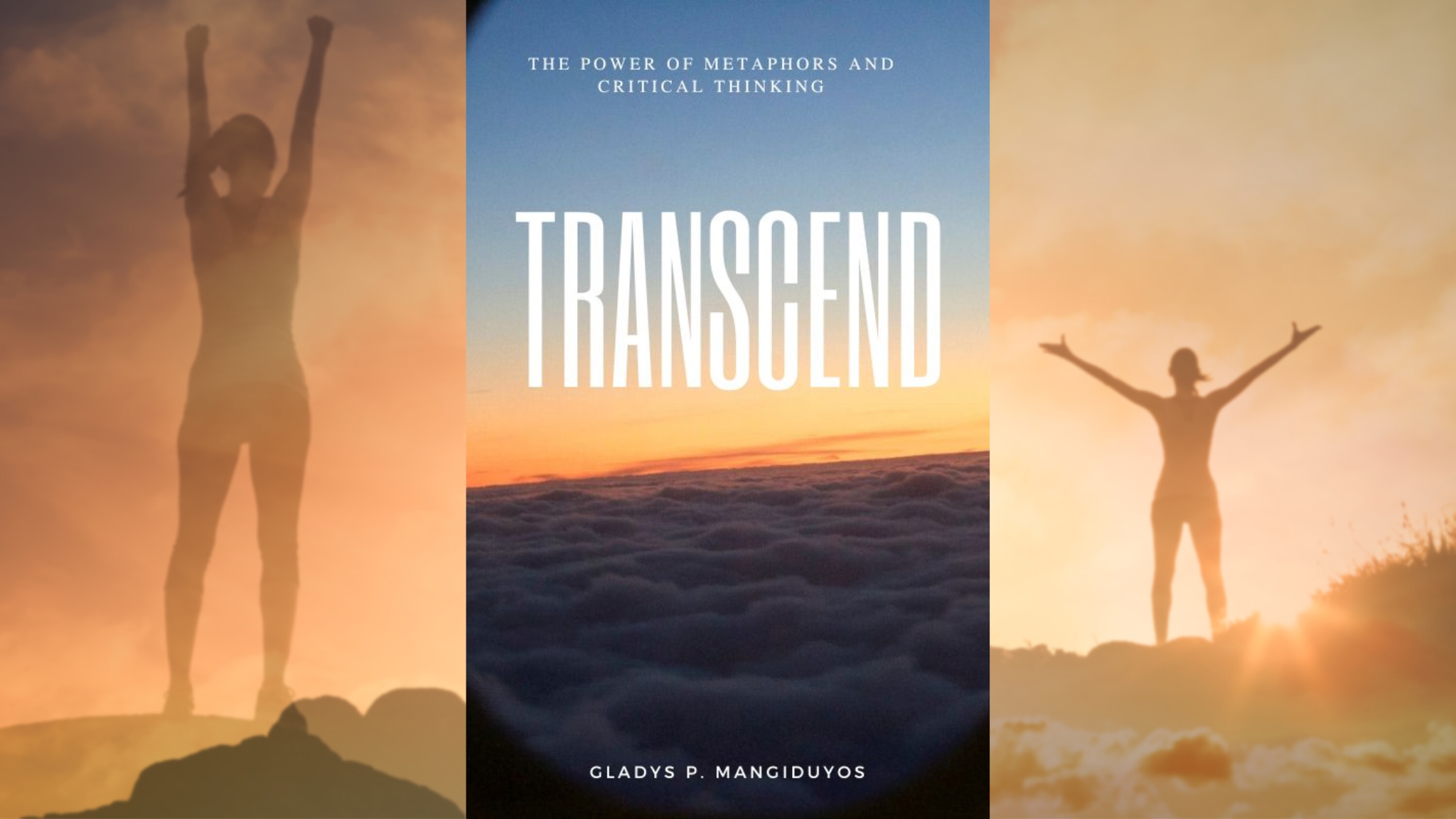

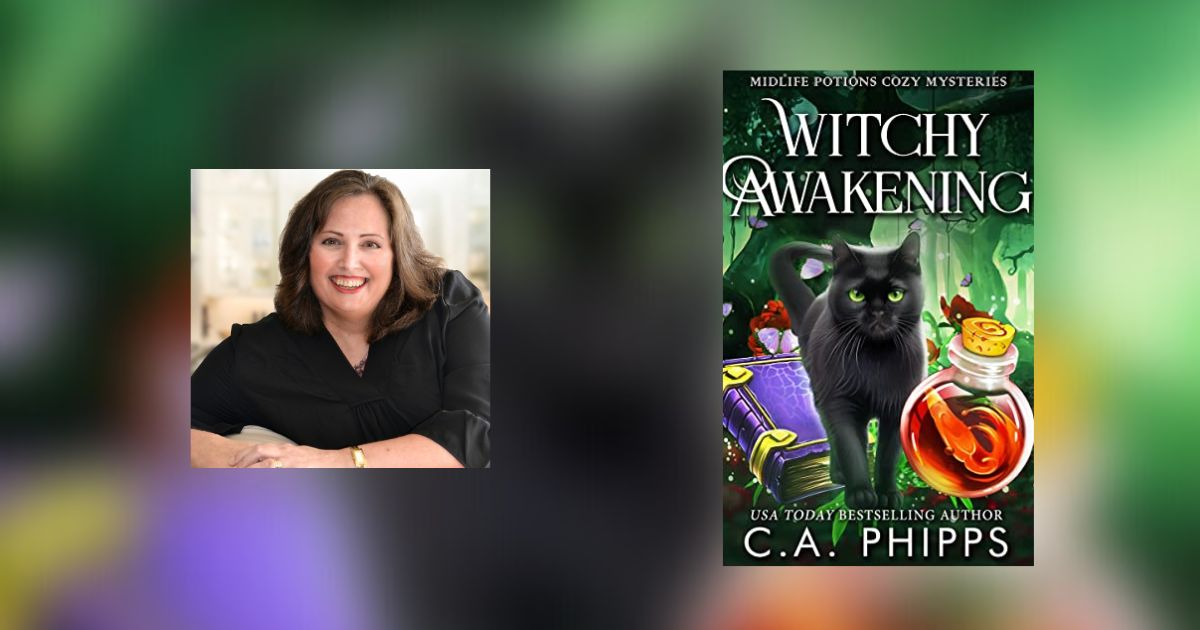


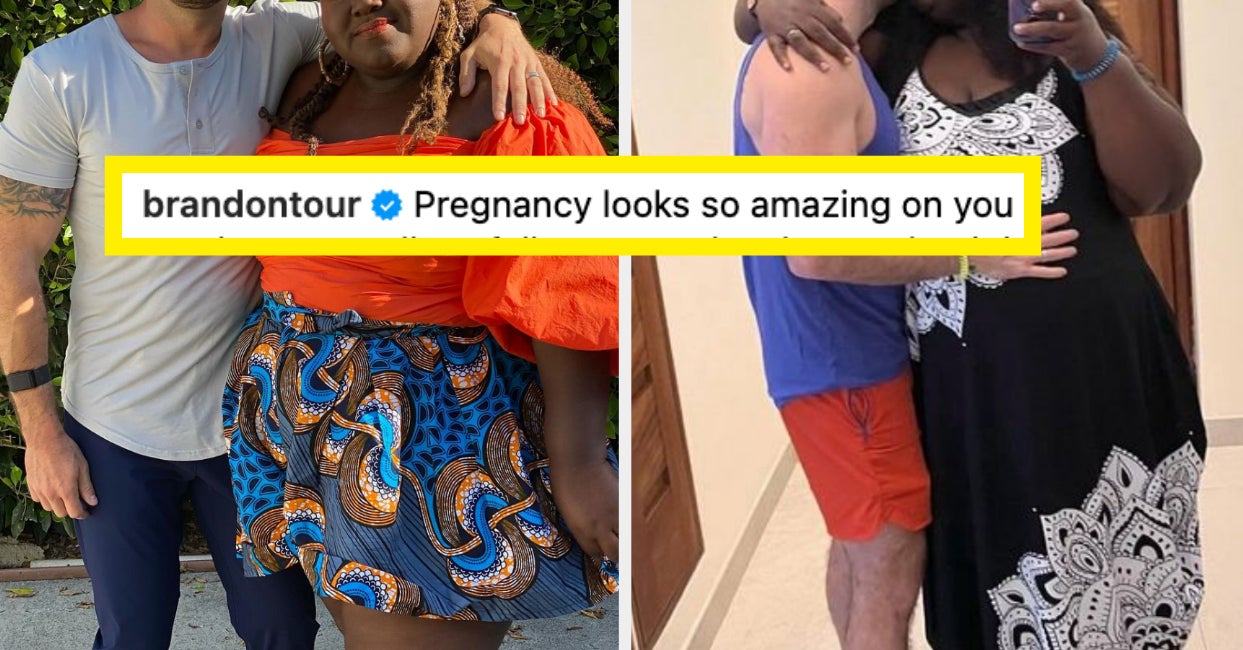


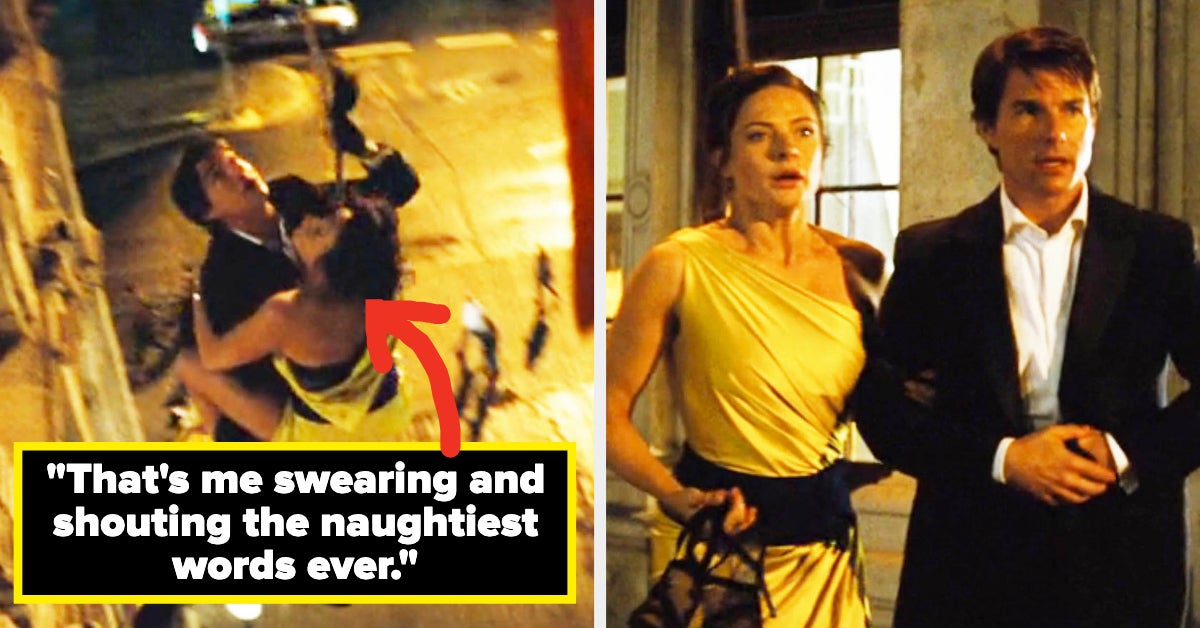
















:quality(85):upscale()/2023/08/10/880/n/1922564/6cae325164d543841b70b5.17301080_.png)
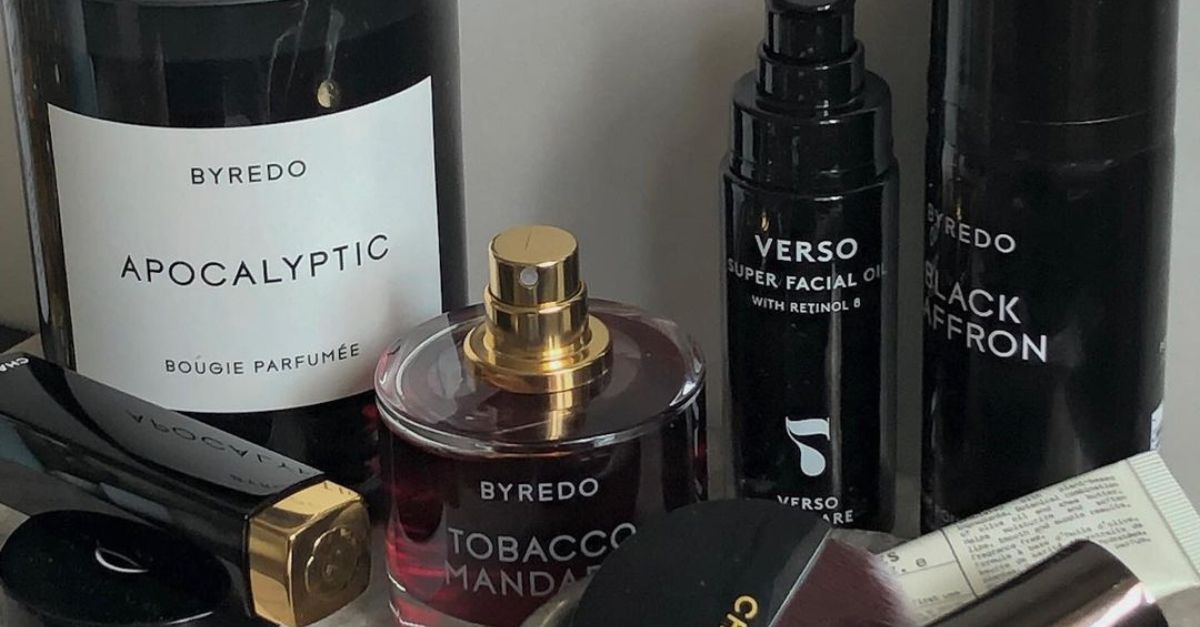

:quality(85):upscale()/2023/08/13/793/n/1922564/93b9ff5c64d91a976e7f87.53076199_.jpg)



